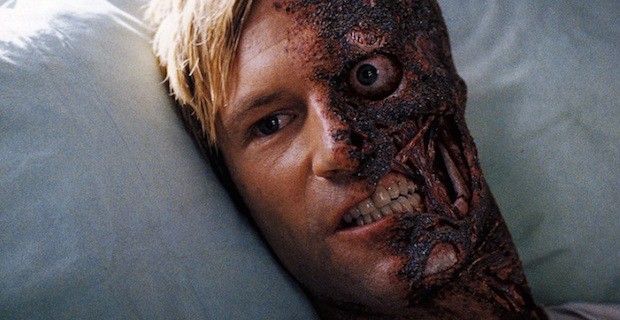
Few things are more compelling than when a big screen hero strays from the virtuous path and embraces their inner bad guy (or girl). It’s such a pathos-laden character arc, whether we’re witnessing the final damnation of a once noble soul, or merely an instance of temporary moral realignment prior to a hard-earned moment of redemption.
Over the years, filmmakers have put the “goodie becomes a baddie” plot device to good use, and some of the biggest protagonists in cinema history have shocked audiences by taking on an antagonistic role. With this in mind, here’s a round-up of 10 Movies Where The Hero Becomes A Villain.
1. The Godfather
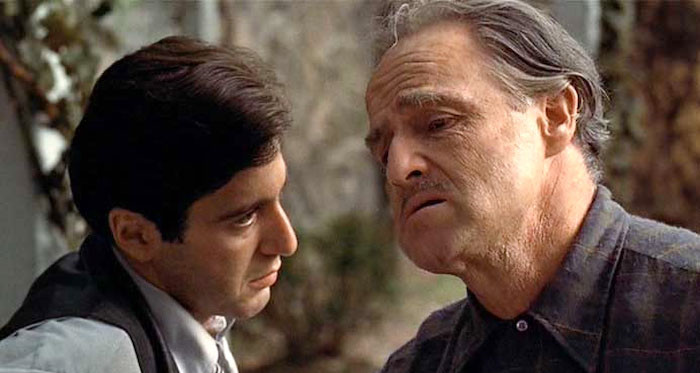
Michael Corleone never wanted to be part of the family business…especially since the family business in this case meant “organised crime”. The lead in Francis Ford Coppola’s masterful adaptation of The Godfather by Mario Puzo, Michael finds himself tangled up in Mafia-based shenanigans despite his best efforts, and before the credits roll, he has taken the reins as the head of the Corleone crime family.
Tragically, Michael never stops dreaming of the day when all of his operations turn legitimate, but over the course of three epic chapters in the series, we soon realize his corruption runs too deeply for that to ever happen. Indeed, the broken old man who dies at the end of The Godfather Part III – abandoned by the loved ones he claimed to be acting on behalf of – bares little resemblance to the fresh faced idealist introduced to us in the first film.
2. Superman III
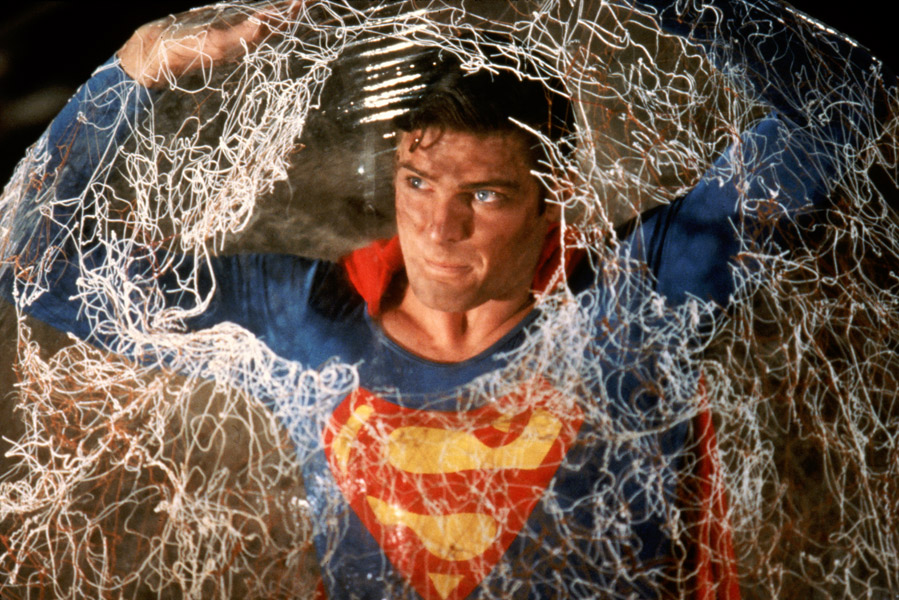
Proving that even the most heroic of figures can fall from grace, Superman became a super-pest in Superman III, whilst under the influence of mood-altering synthetic Kryptonite. At the same time, thanks to director Richard Lester’s more tongue in cheek approach to the source material, we never really witness the true horror of the god-like Man of Steel gone rogue – his most destructive act is causing an oil spill in the Atlantic Ocean.
Other than that, Superman’s villainy is limited to vandalism and just generally behaving like a jerk. Examples include straightening the Leaning Tower of Pisa, ruining the Olympic torch-lighting ceremony and smashing up a seedy dive bar – so not exactly earth-shattering stuff. Our hero’s mean streak doesn’t last long either; he soon shakes off the Kryptonite’s effects and returns to fighting for truth, justice and the American Way.
3. Star Wars – Episode III: Revenge of the Sith
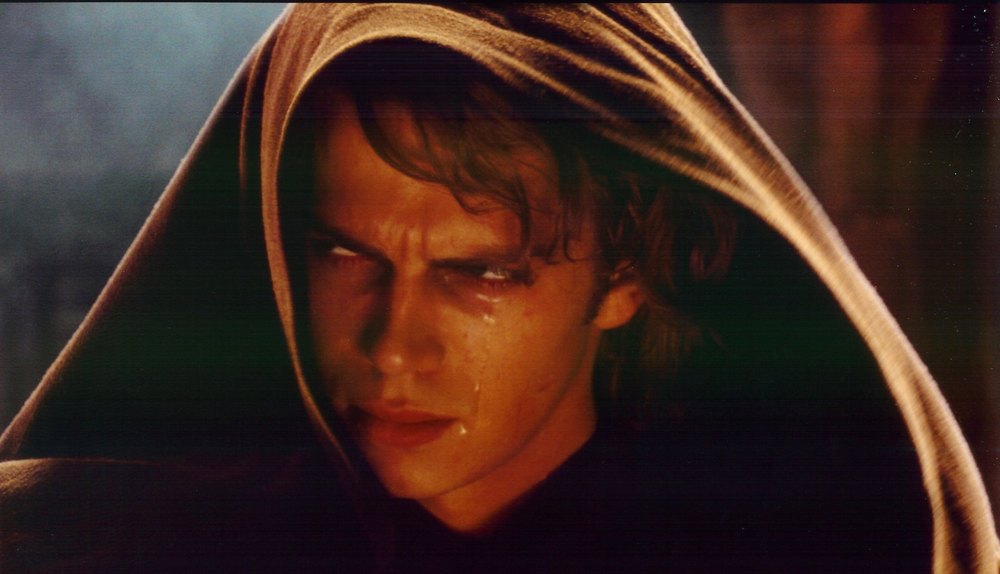
With the episodes in the Star Wars saga famously released out of order – IV, V and VI arrived in cinemas well before I, II and III did – audiences already knew Anakin Skywalker was destined to break bad. So it was a question of when and how (and not if) the young Jedi would succumb to the Dark Side and assume the mantle of Darth Vader.
The big moment finally arrives mid-way through Revenge of the Sith, when Anakin pledges his allegiance to Emperor Palpatine after betraying former ally Jedi Master Mace Windu. Admittedly, young Skywalker’s motivation for doing so is understandable, even relatable: Anakin believes Palpatine’s teachings will allow him to save his wife Padmé from dying in childbirth, which he has previously witnessed in prophetic dreams.
Yet the pathway to Hell is paved with good intentions, and Anakin’s slide to the Dark Side sees him sink lower and lower – seriously: dude kills a bunch of Jedi younglings at one point – and power soon becomes his main concern, rather than the well-being of his wife and unborn children. In a final ironic twist, it’s this lust for power that sets in motion the chain of events that leads to Padmé’s demise (and Anakin’s horrific disfigurement), making it clear that doing the wrong thing for the right reasons is always a bad idea.
4. The Dark Knight
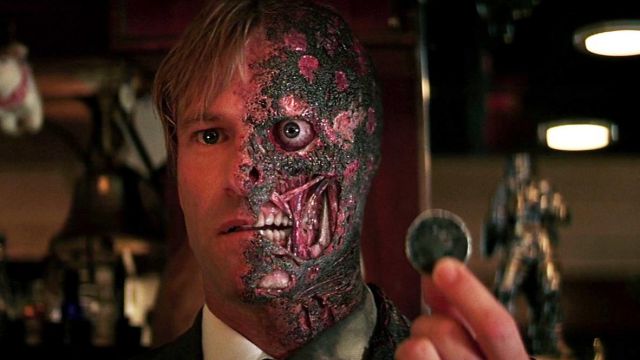
“You either die a hero, or live long enough to see yourself become the villain.” It’s a line first uttered by Harvey Dent in The Dark Knight, and later echoed by Batman when he realizes that – for the good of Gotham City – he must become a villain in the eyes of the public he’s sworn to protect.
Funnily enough, it’s actually Dent’s dastardly actions that land him in this sticky spot, after the dashing district attorney’s transformation into the deranged Two-Face and subsequent crime spree. Not wanting all the progress Dent made against crime in Gotham to be undone, Batman decides to take the wrap for Dent’s crimes after his death, even though it means destroying his own reputation in the process.
5. The Shining
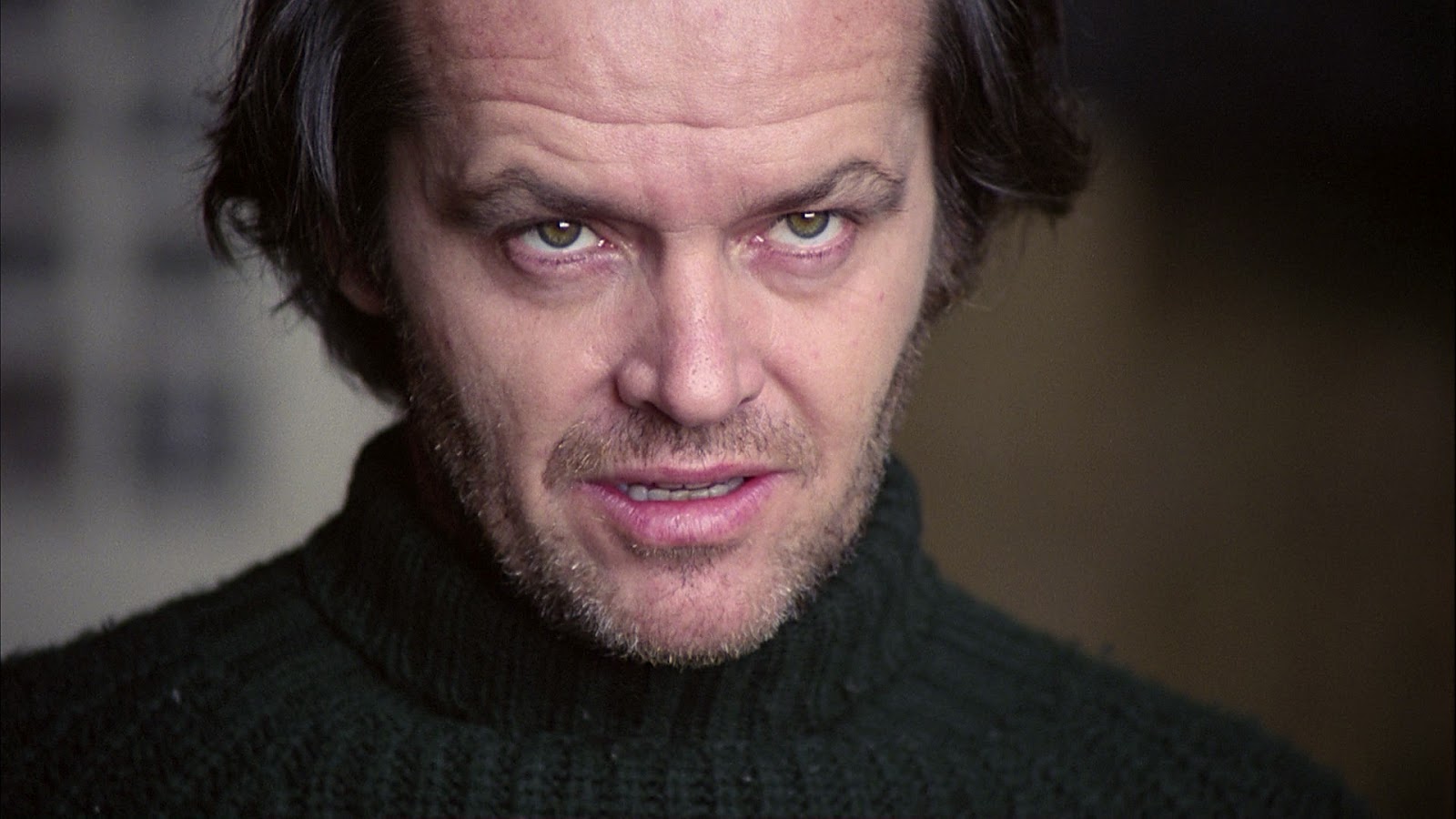
Jack Torrance – the main character in Stanley Kubrick’s big screen take on The Shining by Stephen King – is a pretty flawed protagonist to begin with. He’s a moody recovering alcoholic prone to taking out his personal frustrations as a writer on his wife Wendy and son Danny, all of which reflects rather poorly on him.
At the same time, Jack is clearly not inherently malicious or cruel – it’s obvious he’d at least like to be a better husband and father, despite his underlying emotional issues. So even if he’s not exactly the greatest guy in the world, it’s troubling to see Jack’s slow descent into madness (and outright villainy) as he is gradually possessed by the genuinely malignant force that haunts the Overlook Hotel.